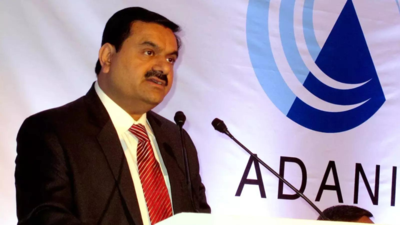Nairobi, Kenya — In the past decade, Francis Ngiri has taken pride in conserving seeds - a responsibility he holds dear. Francis Ngiri has worked and trained with the Seed Savers Network in Elementaita Ward in Gilgil, Nakuru County, for the past ten years. Ngiri also serves as the chairperson of the Makongo Farmers Network, where they manage the Eden Seed Bank, which started with just 14 varieties and now preserves 119 varieties.
"I am proud to have personally taken seeds to the Kenyan National Gene Bank, as well as to the International Gene Bank in Norway. Through the National Gene Bank and Seed Savers, I have sent 22 accessions. We are grateful for the Crop Trust's support," he said.
Ngiri shared his experience of transitioning from commercial seed production to Indigenous seed production. "Before, we were involved in the commercial seed sector. We were contracted by a certain learning institution to produce seeds, and we even took out loans from the bank to buy them.
Unfortunately, things didn't go well. After the El Niño of 2013-2014, all our seeds were destroyed, and we were left with nothing," he said." That's when the Seed Savers Network came in and told us we could start planting the indigenous seeds we already had.
I remember we began with just 14 varieties, but after training, seed exchanges, and fairs, we've now established our own seed bank with 119 varieties of indigenous seeds." Importance of Indigenous Seeds Ngiri explained how farmers can join networks lik.


















